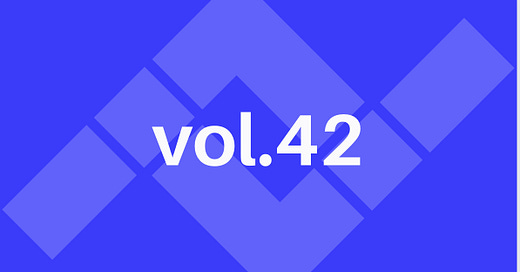A federal judge ruled that Google engaged in illegal practices to preserve its searchengine monopoly, delivering a major antitrust victory to the Justice Department in its effort to rein in Silicon Valley technology giants. Google, which performs about 90% of the world’s internet searches, exploited its market dominance to stomp out rivals, said in the long-awaited ruling.
The Magnificent Seven—Alphabet, Amazon.com, Apple, Meta Platforms, Microsoft, Nvidia and Tesla—collectively lost about $653 billion in market capitalization with Monday's stock-market selloff, according to Dow Jones Market Data.
Asian shares edged higher in volatile early trading, in what traders said was a sign of what to expect in the coming days. After leading global rebounds from a market rout yesterday, Japanese stocks dropped heavily at this morning’s open before rapidly reversing to a gain, with Korea and Taiwan following suit. One broker said: “It still doesn’t make a lot of sense.”
Consumer spending remains strong as a mountain of credit card debt continues to pile up, with Americans increasingly turning to plastic to fund their purchases. According to the Federal Reserve Bank of New York, credit card debt reached $1.14 Trillion in Q2, up 5.8% from a year earlier, or about $6,500 per person.
After the worst day for markets since 2022 earlier this week, the S&P 500 just recorded its best day since 2022, jumping 2.3% by the end of the session on Thursday.
Saudi Aramco announced that its shareholder dividend this year would top $124bn. Amin Nasser, the chief executive of the world’s biggest oil company, said markets were “largely ignoring” the continuing huge demand for oil.
Down, up, down, up—then up just a little more. That is how the S& P 500’s wild week went, and the last gasp Friday brought it to just about where it started the week: up 12% for the year. The sudden turbulence in markets this week shattered a summer lull that many traders had suspected wouldn’t last, after stocks had soared to hang at pricey new heights.




